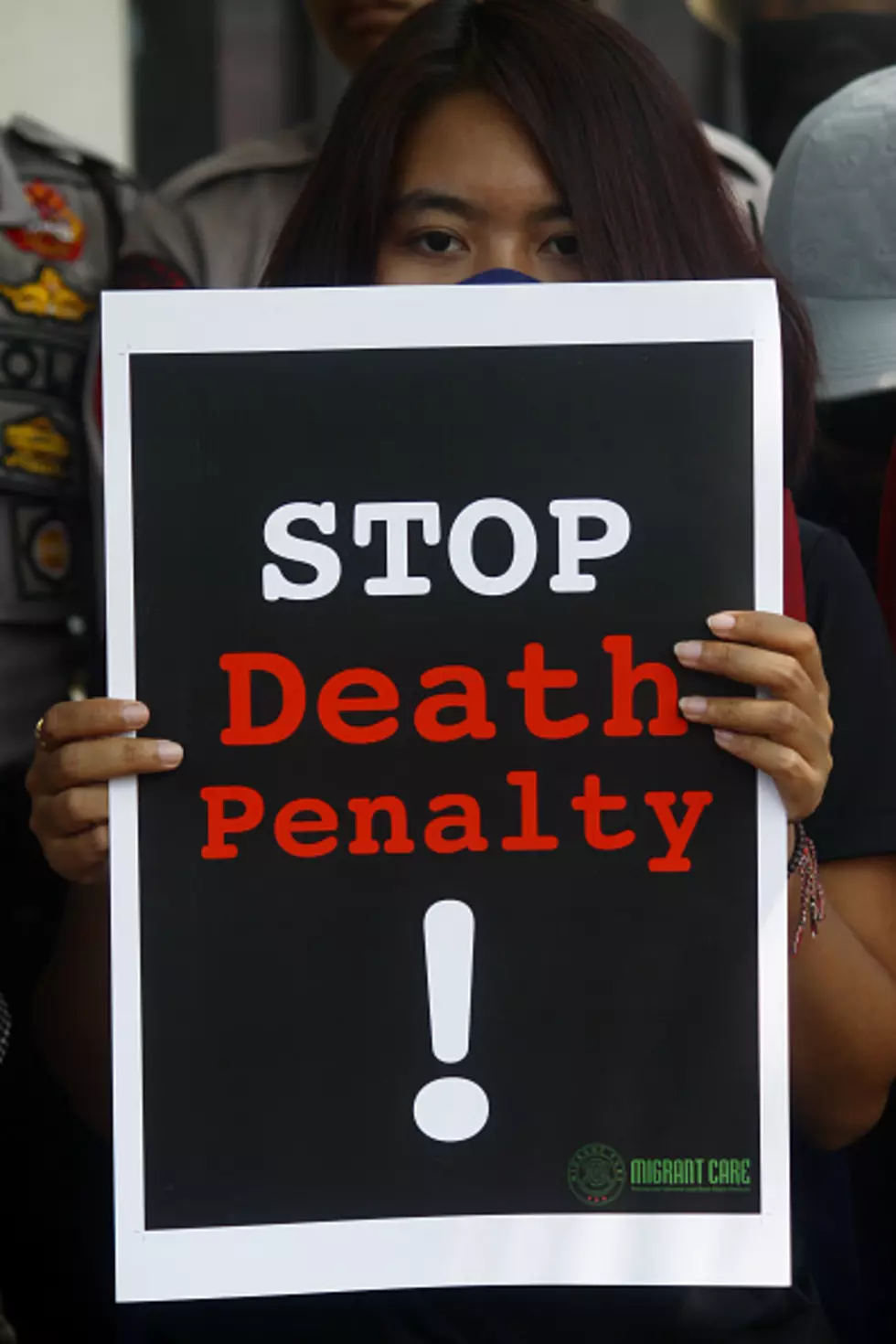
Montana lawmakers asked to revise or abolish death penalty
A Montana lawmaker wants to require prosecutors to provide indisputable biological proof that a person committed a capital crime before that person can be sentenced to death.
Rep. Brad Hamlett, D-Cascade, told a panel of lawmakers on Wednesday that his legislation would require DNA or other biological proof that a judge finds conclusively establishes guilt before the defendant can be sentenced to death.
"Whether you agree with the death penalty or not, I think we can all agree we don't want innocent people being executed, period," Hamlett said Tuesday.
The ACLU of Montana reluctantly opposed the bill.
"If you really want to 100 percent make sure that people who are not guilty are not sentenced to death in the state of Montana, you have to repeal the death penalty," said SK Rossi, policy director for the ACLU.
The committee did not act on the bill, which would require the two men on death row in Montana to be re-sentenced to life in prison unless there was conclusive DNA evidence in their cases.
Montana is one of 30 states with the death penalty, but it can't execute anybody after a judge found the state doesn't have access to the specific lethal injection drugs that are allowed under the law.
Republican Rep. Mike Hopkins of Missoula is sponsoring a measure seeking to abolish the death penalty. State lawmakers have rejected efforts to repeal the death penalty for at least the past two decades.
Hopkins said the time is now.
"If you're a person that just generally believes the death penalty is wrong, then the death penalty is wrong and it should be abolished," Hopkins said Tuesday. "If you're a person that believes in fiscal responsibility or the concept that policy should actually do what the policy says, then the death penalty should be abolished because we have a death penalty under which nobody dies."
The most recent execution in Montana was in 2006.
William J. Gollehon faces the death penalty for killing a fellow inmate during a 1990 state prison riot. He was already serving a life sentence for killing a woman in Billings in 1985.
Ronald Allen Smith was sentenced to death in March 1983 for killing two hitchhikers in August 1982.
Hopkins argued his bill would save money. The state has had to pay for special attorneys to defend Gollehon and Smith, file appeals on their behalf and defend lawsuits challenging the constitutionality of the penalty as well as the protocol used to carry it out, he said.
Montana's neighbor to the south, Wyoming, also is considering abolishing the death penalty. A repeal measure passed the state House and is now in the Senate.
Last year, Washington state's supreme court ruled the death penalty unconstitutional, and Delaware's high court did the same in 2016. Nebraska lawmakers repealed the death penalty in 2015, but it was reinstated by voters the following year.
New Mexico, Illinois, Connecticut and Maryland have all repealed the death penalty over the last decade, while governors in Oregon, Colorado and Pennsylvania have declared moratoriums.
More From 103.7 The Hawk


![Death Penalty For Mendoza? [Opinion]](http://townsquare.media/site/109/files/2015/08/Jesus-Deniz-Mendoza-JPG.jpg?w=980&q=75)






